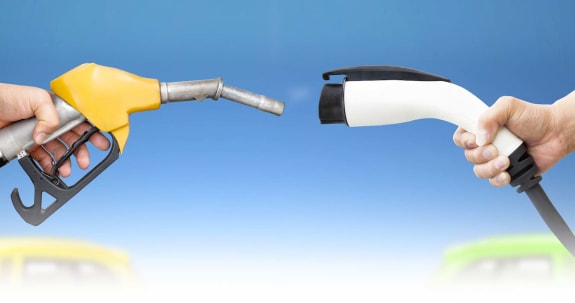
Which fuel type suits me best?
When considering which car to lease, engine type will be one of the key decisions to make. With more choice than ever before however, we know this can be a complicated area.
To help you understand your options, we've put together a cheat sheet on the latest thinking around each engine type, followed by a summary table of the key pros and cons for each option. Note that because we only lease new vehicles, this article table refers only to new engines.
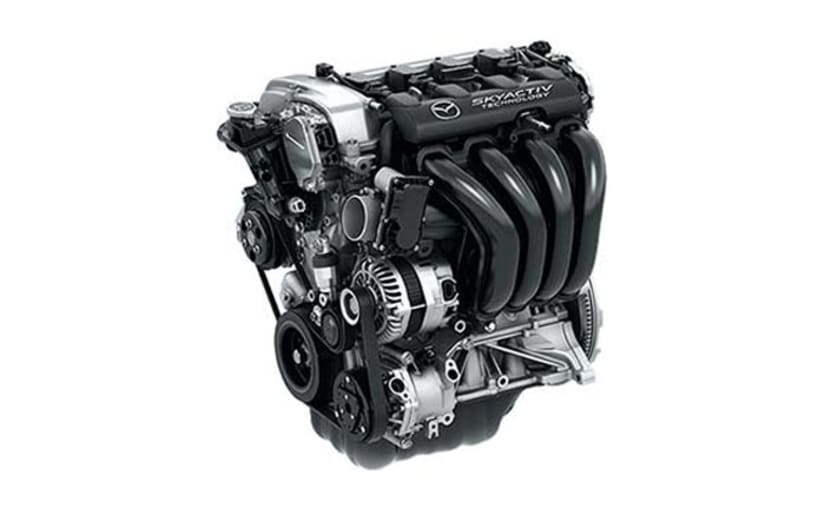
Petrol Engines
Petrol engines continue to be the most popular engine option, not only because they tend to be cheaper to buy (and lease) than diesel, hybrids and electric vehicles, but also because, generally speaking, petrol remains the cheaper option at the pump.
Petrol engines also tend to be favoured by those doing shorter trips or predominately city/town driving because of their greater fuel efficiency for shorter distances.
Petrol engines do have higher CO2 emissions however (think greenhouse gasses) compared with diesel and this is an ongoing concern that could create a shift to alternative fuel vehicles such as hybrids and electrics in the immediate future.
Pros
- Well suited to shorter distances/more urban driving.
- Generally speaking, petrol is a cheaper fuelling.
- Less harmful fumes.
- Cost of service/maintenance is usually cheaper.
- Slightly quieter.
- Less vibrations and a smoother drive.
- Smaller monthly payments.
Cons
- Higher CO2 emissions.
- Less fuel efficient if doing mainly longer trips.
- Less torque, less suitable for towing.
Diesel Engines
There has been much recent on-going bad press for diesel engines, in particular in relation to the negative impact of nitrous oxide (NO2) and hydrocarbon emissions on human health. However, in the short term at the very least, diesels look likely to remain as a viable option for many, especially for those doing predominately longer distance and motorway driving as well as those who do a lot of towing and more rigorous (off-road) driving.
While much tougher Government penalties for city driving are certainly on the horizon, this will only apply to older, higher polluting diesel engines and not (at this stage) to the new Euro 6 compliant models (so will not affect customers leasing new Euro 6 diesel cars).
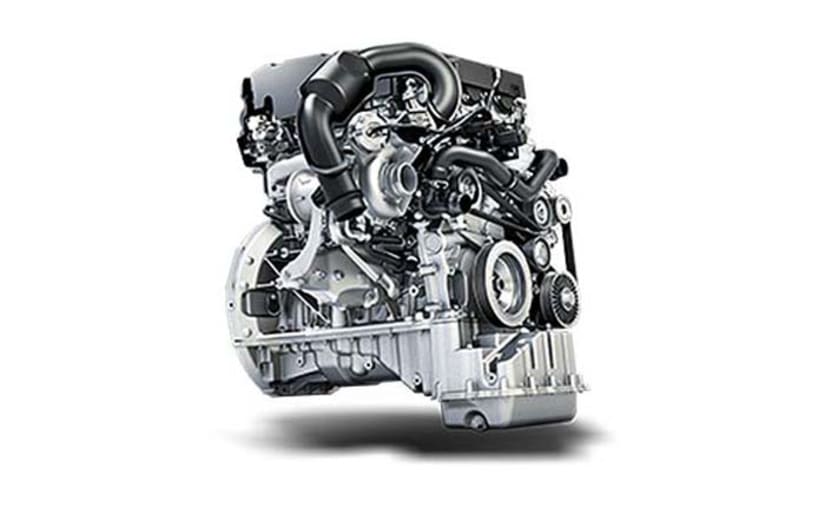
Pros
- Generally better long distance/motorway fuel economy and driveability.
- Better for towing/more rigorous driving due to more torque (pulling power).
- Produce 20% less CO2 emissions
- Avoid tougher Government regulations/charges for City driving (vs. old diesels)
Cons
- Higher fuel price.
- More exhaust fumes.
- More frequent and expensive servicing required.
- DPF (Diesel Particulate filters) can clog and prove expensive to fix.
- Higher monthly payments.
- Slightly noisier.
- More Vibration.
Green Vehicles
Green or Alternative Fuel Vehicles (AFVs) are gaining significantly in popularity, primarily due to their low running costs and low environmental impact. Almost 120,000 AFVs were registered in the year to December 2017 and registrations have grown by a staggering 35% year on year.
There are three main vehicle types if you're looking to go green, namely the conventional hybrid, the plug-in hybrid and the full-electric vehicle.
Electric
A fully electric vehicle has no standard combustion engine and runs purely off an electric motor, therefor producing zero emissions. It is the most environmentally friendly modern vehicle type. This also means electric vehicles are incredubly cost-effective as they require no external fuel costs. Popular electric vehicles include the NISSAN Leaf, BMW i3 and Tesla Model S.
Battery technology is a constantly improving thing with both power and range seeing the main benefits. As an example the Tesla Model S has an electric range of over 150 miles on average before it requires a charge. Of course these figures can vary but for those concerned about their carbon footprint and who want to travel shorter distances without ever having to pay refuel costs the electric car makes perfect sense.
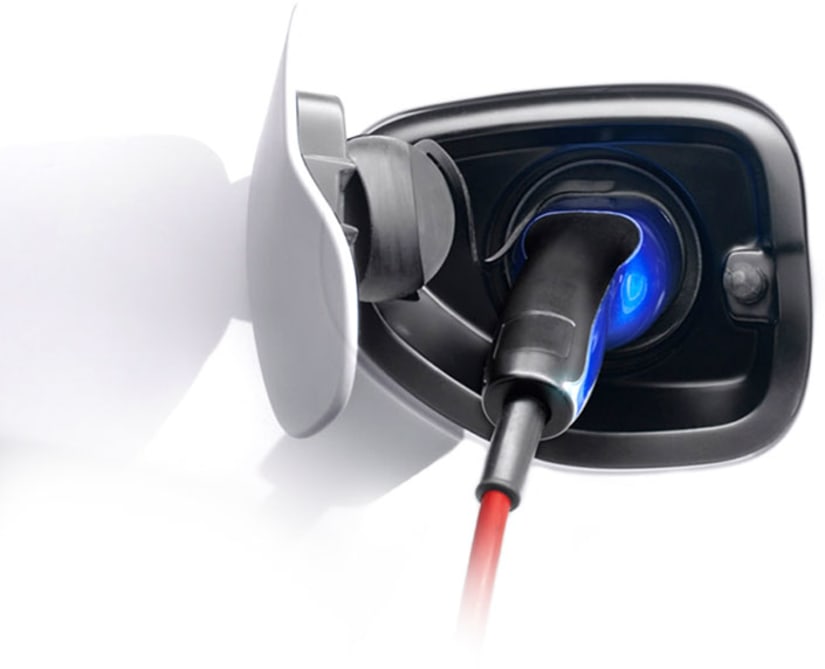
Pros
- Zero emission, so much better for the environment (vs petrol and diesel).
- Electricity typically cheaper than petrol and diesel.
- Almost silent driving experience.
- 100-200 miles of range adequate for most needs.
- Smooth ride and handling.
- Ideal for shorter distance/urban driving.
- More and more charging stations available.
- Exempt from congestion charges and fuel tax (and road tax).
- Servicing and maintenance up to 35% cheaper (as technology is less complex).
Cons
- Require frequent charging.
- Charging stations still a little hard to find.
- Slow to fully recharge means more advanced planning is required.
- Not suited to longer distance driving.
- More expensive lease repayments due to higher purchase price.
- Hot and cold weather can impact battery performance and range.
- Not all garages able to service/repair.
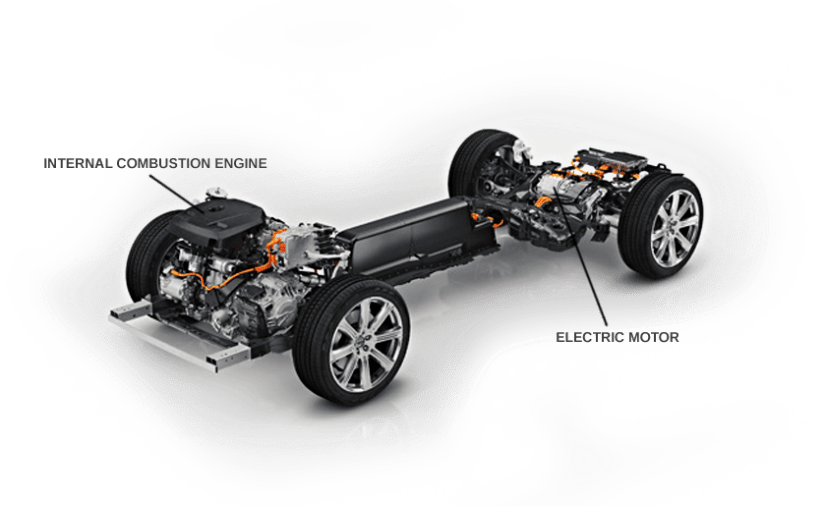
Conventional hybrid
Hybrid vehicles offer incredibly low emissions and combine a standard engine with at least one electric motor. They generate their electricity whilst you drive using two main techniques - regenerative braking, and an electrical generator. Regenerative braking harvests heat and kinetic energy usually wasted during braking and converts it into electrical energy to be stored in the battery whereas an electrical generator runs directly off the combustion engine.
When cruising, particularly at low speeds, a hybrid will draw its power from the vehicle's fitted electric motor. When this speed starts to increase, the hybrid will seamlessly integratee the standard combustion engine in order to accommodate the greater demand. In particular testing cicrumstances such as driving over rough terrain or up a hill the behicle will use both systems alongside each other to gain extra power and torque.
One of the biggest benefits of a hybrid vehicle is that while its main fuel source is still gasoline it requires a lot less of this than a standard combustion engine vehicle and therefore running costs are often minimal.
Plug-in Hybrid
There are a number of key differences between a standard hybrid vehicle and a plug-in hybrid (PHEV). In the simplest of terms, a Plug-In Hybrid is a hybrid vehicle that needs to be plugged into a power outlet in order to charge its electric motor, as opposed to a regular (HEV) where the electricity is generated as you drive. Unlike a conventional hybrid, a PHEV is powered by electricity from the grid and will generally have a greater range on purely electric power.
Another notable difference is that instead of using the electric motor only at lower speeds, the plug-in hybrid will use the electric motor at most points until it reaches its limit or pre-determined battery state of charge (SOC). It is at this point that the vehicle's combustion engine is designed to kick-in and supply added power to the electric motor.
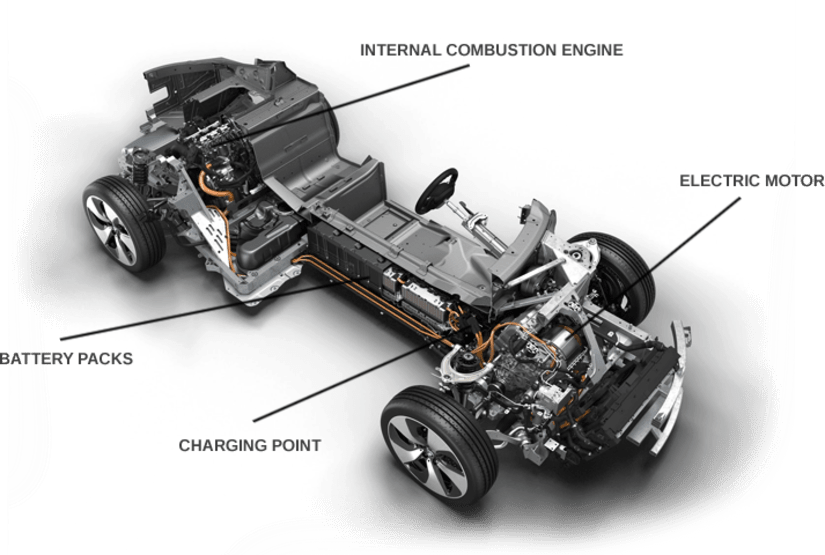
Conventional vs. Plug-in Hybrids
There are a number of key differences between conventional hybrid vehicle (HEV) and the plug-in hybrid (PHEV). In the simplest of terms, a Plug-In Hybrid needs to be plugged into a power outlet in order to charge its electric motor, whereas a conventional hybrid (HEV) generates the electricity as you drive. Unlike a conventional hybrid, a PHEV is powered by electricity from the grid and will generally have a great range on purely electric power.
Another notable difference is that instead of using the electric motor only at lower speeds, the plug-in hybrid will use the electric motor most of the time until it reaches its limit or pre-determined battery state of charge (SOC). It is at this point that the vehicle's combustion engine is designed to kick-in and supply added power to the electric motor.
Pros
- Lower emissions, better for the environment (compared with petrol or diesel).
- Ideal for shorter distance/urban driving.
- Excellent fuel economy (both short and long distance).
- Self-charging, just fill with fuel.
- Petrol and diesel options.
- Most are congestion charge free.
- Quieter.
Cons
- Lease repayments can sometimes be higher (due to higher purchase price).
- Less suited to long distance driving.
- Can lose efficiency at higher speeds.
- Can potentially be expensive to repair.
- Plug-ins can take several hours to charge.
- Charging stations far fewer compared with traditional fuel stations.
- Not all garages able to service/repair.
Now you know a bit about all the different fuel types, use our unique tool to find your perfect car.

















